In a world where sustainability is not just an ideal but a pressing necessity, preparing future leaders to embrace and drive sustainable practices has become a vital part of higher education. Vedatya, a leading institution offering degree, diploma, and certificate programs in hospitality, culinary arts, design, and business, exemplifies this commitment by integrating eco-conscious principles into its curriculum, fostering a culture of innovation and entrepreneurship, and collaborating with industry partners to drive sustainable practices.
In this exclusive interview with Prof. Sandeep Munjal, Director, Vedatya, we delve into the institution's innovative approach to sustainability, exploring how Vedatya is empowering its students to become catalysts for positive change in the hospitality industry and beyond.
Read the interview below to explore Vedatya's vision for a greener future and its role in preparing the next generation of eco-conscious leaders.
Q&A
Q. How does Vedatya's educational vision align with the growing importance of sustainability in the hospitality industry, and how does the institution equip its students with the knowledge, skills, and values necessary to contribute to a more sustainable future?
A. Vedatya's commitment to sustainability is visible all the way from our foundation, which is our building and campus design, curriculum, and operational practices followed in our day-to-day life at Vedatya.
The campus maximizes natural resources, while the curriculum integrates sustainability into various courses. This holistic approach equips students with the knowledge, skills, and values necessary to drive positive change and contribute to a more sustainable future in the hospitality industry.
Q. Can you elaborate on how Vedatya has incorporated sustainability principles into its various programs, especially in hospitality management? Could you provide examples of specific courses or projects that focus on sustainable practices?
A. Vedatya's hospitality program is deeply committed to sustainability, integrating it into various aspects of the curriculum and practical training. Sustainability is not treated as a standalone subject but is woven into the fabric of the program, ensuring that students understand and practice sustainable principles in real-world scenarios.
One example of how Vedatya incorporates sustainability is through its zero/minimal food waste policy during kitchen practical. This policy encourages students to plan and cook efficiently, minimizing food waste. Additionally, Vedatya adheres to the farm-to-fork principle, sourcing local ingredients to reduce transportation and packaging costs. Students learn to prepare meals using fresh, locally grown produce in their practical kitchens.
Another area where sustainability is emphasized is in assignment work. Vedatya promotes digital assignments, reducing paper consumption and environmental impact. In housekeeping practicals, students are taught to promote reusable glass bottles instead of plastic, emphasizing sustainable practices in daily operations.
These are just a few examples of how Vedatya has integrated sustainability into its hospitality management program. The institution's commitment to sustainability ensures that its graduates are equipped with the knowledge and skills to contribute to a more sustainable future in the hospitality industry.
Q. What are some of Vedatya's on-campus sustainability initiatives, such as the Bodhi Tree Project and rainwater harvesting? How do these initiatives contribute to the overall sustainability goals of the institution and its students?
A. Vedatya has over the years looked at the GRIHA standard as a guiding element towards all key aspects around sustainability.
Waste Management: All green waste used to make compost for use at the farm, zero paper usage, and effort to re-cycle and re-use have reduced our dry waste output drastically. The design school supports and utilizes materials for live projects and installations on campus using waste materials.
Water usage: Drip irrigation, metering consumption, using water-conserving push taps, rainwater harvesting—are some visible initiatives.
Green cover: More than 1200 trees, including Gurugram’s 1st Miyawaki Forest; this exceeds the GRIHA standard for the campus area.
Energy conservation: Best-in-class energy-efficient equipment is deployed; plans to go solar
The objective is to walk the talk—have the students understand and adopt sustainability as a way of life.
Q. How does Vedatya collaborate with industry partners to promote sustainable practices in the hospitality sector? Are there any specific partnerships or projects focused on sustainability that you can highlight?
A. Vedatya collaborates with external organizations to support sustainability initiatives. The institution partners with the Million Miyawaki Foundation, which aims to plant 1 million trees in 10 Indian cities, starting with Delhi NCR. Vedatya actively participates in tree planting activities and supports the foundation's mission.
Furthermore, Vedatya sources linen for housekeeping practicals, table napkins for food services, and aprons from the Navjyoti India Foundation. This collaboration not only supports a local organization but also promotes sustainable practices in the hospitality industry.
By actively participating in and supporting sustainability initiatives, Vedatya is making a positive impact on the environment and setting an example for others to follow.
Q. What do you see as the most pressing sustainability challenges facing the hospitality industry in the coming years, and how is Vedatya preparing its students to address these challenges? Please share your recommendations for the education industry on how they can foster a culture of sustainability and ethical leadership among students to better equip them for these challenges.
A. The hospitality industry is facing significant sustainability challenges, such as reducing its carbon footprint, conserving water resources, and minimizing waste. Vedatya is proactively addressing these issues by incorporating sustainability into its curriculum and providing hands-on learning opportunities. Students are taught about sustainable practices in areas like energy management, food sourcing, and waste reduction. For instance, they learn about implementing energy-efficient technologies in hotel operations, sourcing local and seasonal ingredients, and reducing food waste through proper storage and preparation.
To foster a culture of sustainability and ethical leadership in the education industry, institutions should integrate sustainability into all curricula, provide hands-on experiences, encourage ethical decision-making, partner with industry leaders, and create a sustainable campus culture.
Q. How does Vedatya integrate corporate social responsibility (CSR) and ethical leadership into its educational programs? What specific skills or values are students expected to develop in this area?
A. Discussion on value and ethical business practices is an integral part of the classroom discourse, which starts with a course in year 1 of all our programs of study.
The students are encouraged to support initiatives around social responsibility and leverage our relations with a range of NGO’s like Navjyoti and INTACH, to name a few.
Vedatya, as an institutional member, has supported a range of initiatives by the INTACH Gurugram chapter for heritage conservation. With Navjyoti, as a CSR initiative, the institute supported skilling initiatives that led to entrepreneurial success stories.
Q. How does Vedatya measure the impact of its sustainability initiatives? Are there specific metrics or frameworks used to assess progress and accountability?
A. Vedatya Institute adopts a systematic approach to measure the impact of its sustainability initiatives through comprehensive data capture and documentation. By continuously monitoring the consumption footprint, the institute ensures real-time insights into its resource utilization and environmental impact. To assess progress and accountability, Vedatya employs the GRIHA (Green Rating for Integrated Habitat Assessment) standard, which serves as a robust framework for evaluating sustainability efforts. This structured methodology allows the institute to track improvements, set benchmarks, and implement best practices, ultimately enhancing its commitment to sustainable development while fostering transparency and accountability within its operations.
Q. How does Vedatya encourage student involvement in sustainability initiatives? Are there any student-led clubs or organizations focused on promoting sustainable practices?
A. Vedatya actively promotes student involvement in sustainability initiatives through a dedicated module embedded in the curriculum. This module encourages students to engage with sustainability on both a conceptual level and through practical on-campus initiatives. By participating in various projects and activities, students develop a mindset of sustainability that transcends the classroom. Additionally, Vedatya supports student-led clubs and organizations focused on promoting sustainable practices, empowering students to become sustainability champions. These opportunities foster a culture of environmental responsibility, equipping students with the knowledge and skills to integrate sustainable practices into their personal lives and future workplaces.
Q. What is Vedatya’s future roadmap for enhancing sustainability and CSR within its educational framework and operational practices? Are there any upcoming projects or partnerships in the pipeline?
A. We are committed to enhancing sustainability and corporate social responsibility (CSR) within its educational framework and operational practices. Looking ahead, the institute plans to implement significant renewable energy initiatives, with a major focus on adopting solar energy solutions. This strategic move aims to reduce carbon footprints and promote energy efficiency. Additionally, Vedatya is exploring innovative concepts like a 'green wall' that will adorn the building's façade with lush plants, enhancing aesthetics and improving air quality. These initiatives are part of a broader vision to foster sustainable practices and community engagement, with several upcoming projects and partnerships in the pipeline to support this mission.
Q. Can you share any success stories or notable outcomes from Vedatya’s sustainability and CSR initiatives, and how do they reflect the institution's commitment to creating a positive impact?
A. Our collaboration with NGOs like Navjyoti and INTACH exemplifies the profound social impact we are creating in the areas of culinary skills development and heritage conservation. At Vedatya Institute, we actively encourage our students to engage with initiatives that promote social responsibility, fostering a culture of community support and sustainability. As an institutional member, we have partnered with the INTACH Gurugram chapter on various heritage conservation projects. Additionally, our CSR initiatives with Navjyoti have focused on skilling programs that empower individuals, leading to inspiring entrepreneurial success stories. These efforts not only enrich the lives of participants but also contribute to the preservation of our rich cultural heritage.




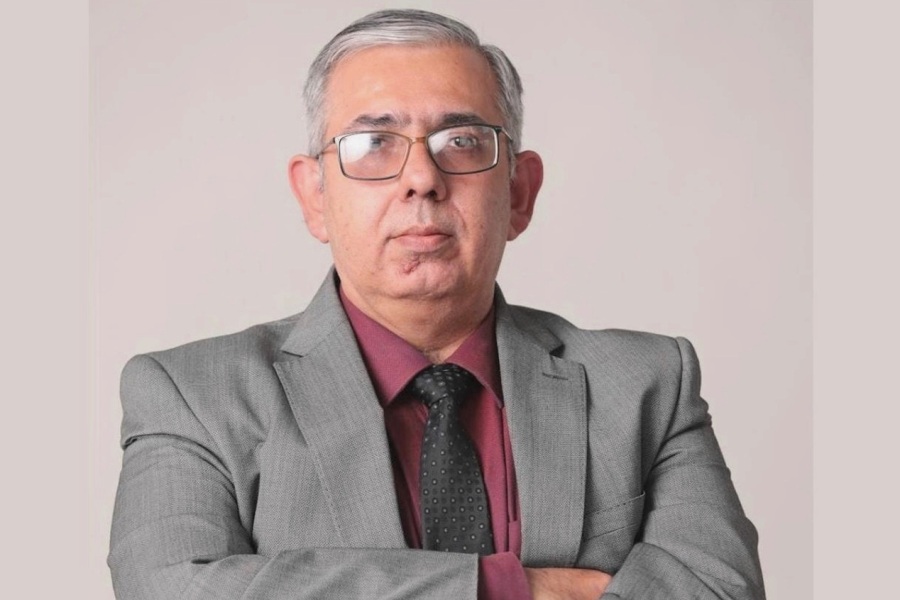
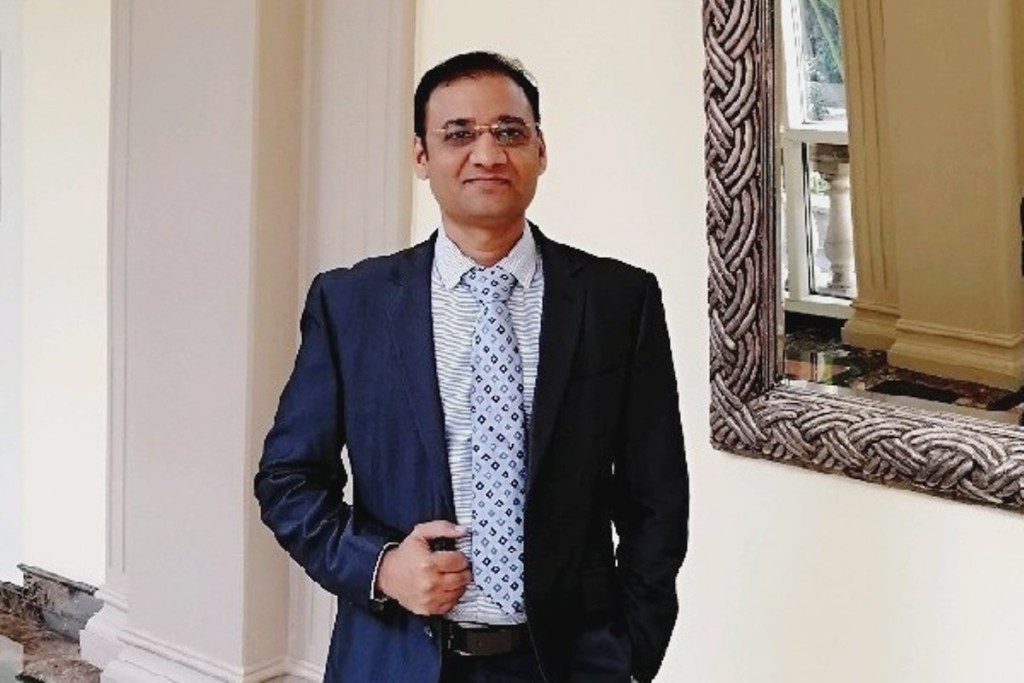

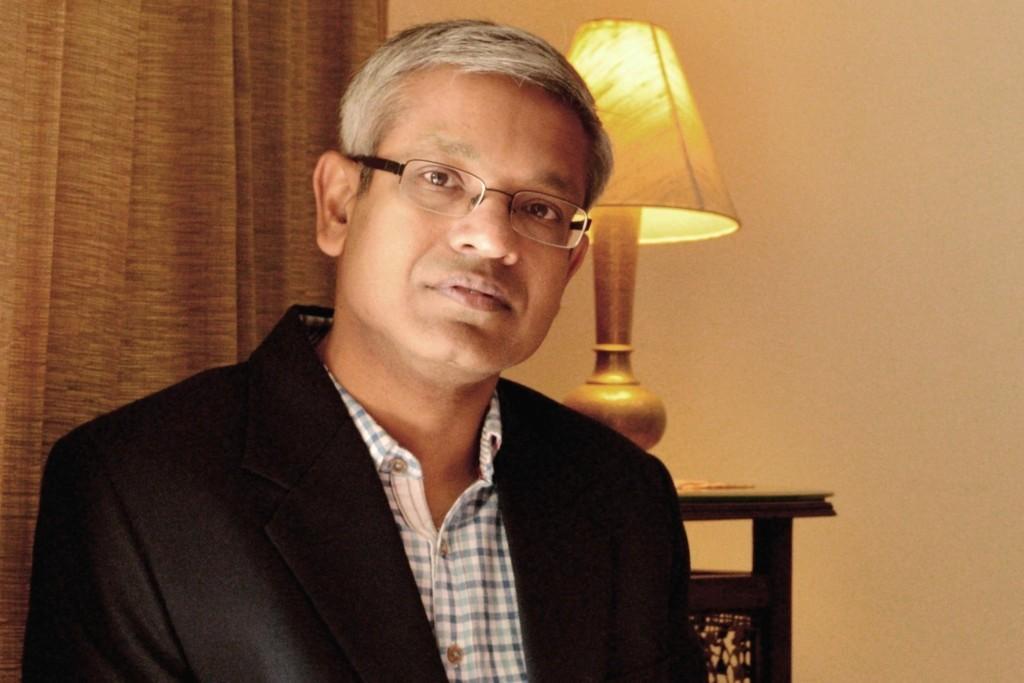
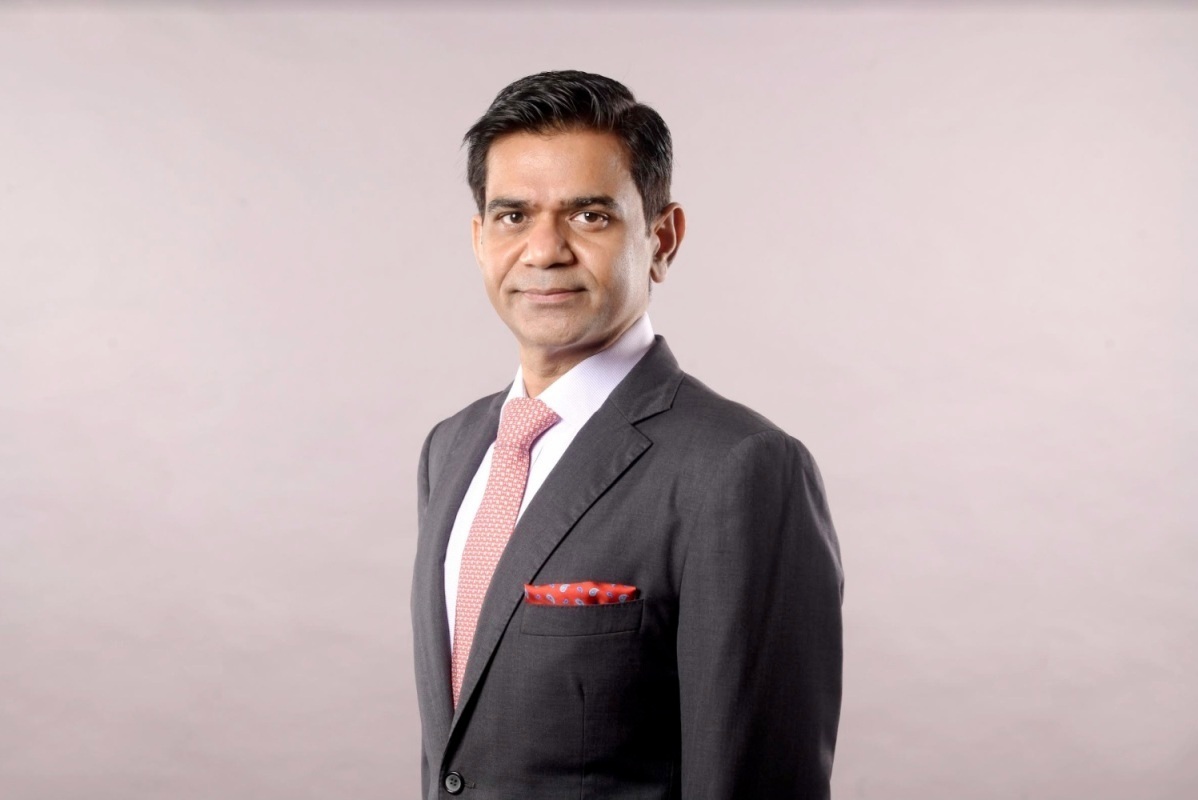
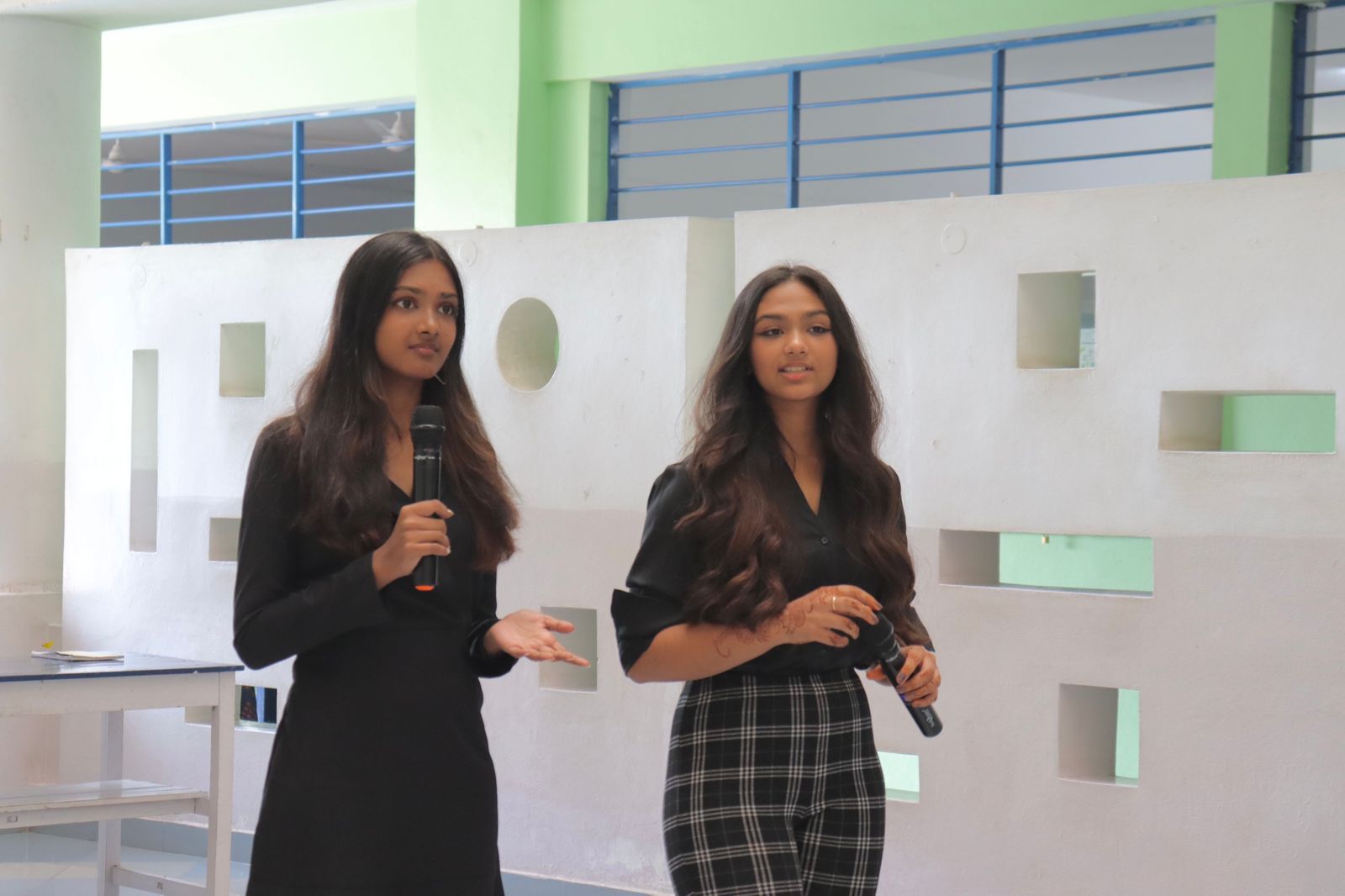
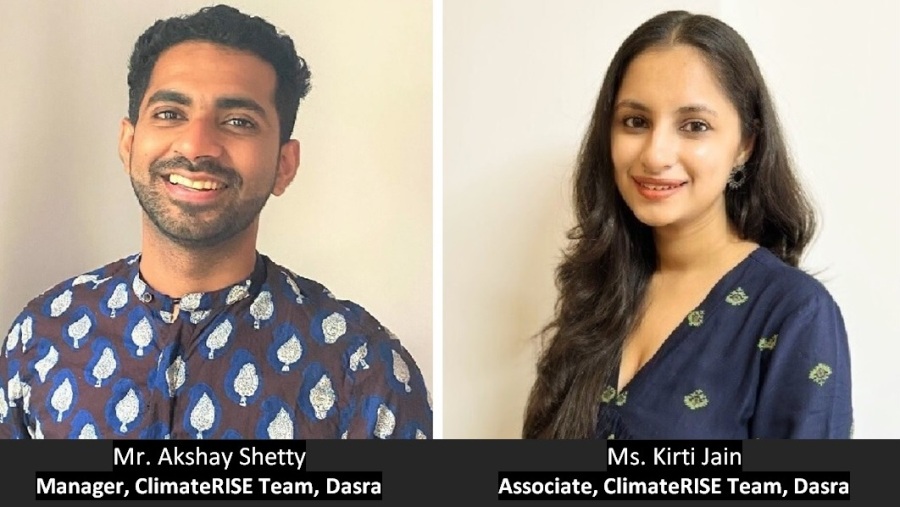








.jpg)



